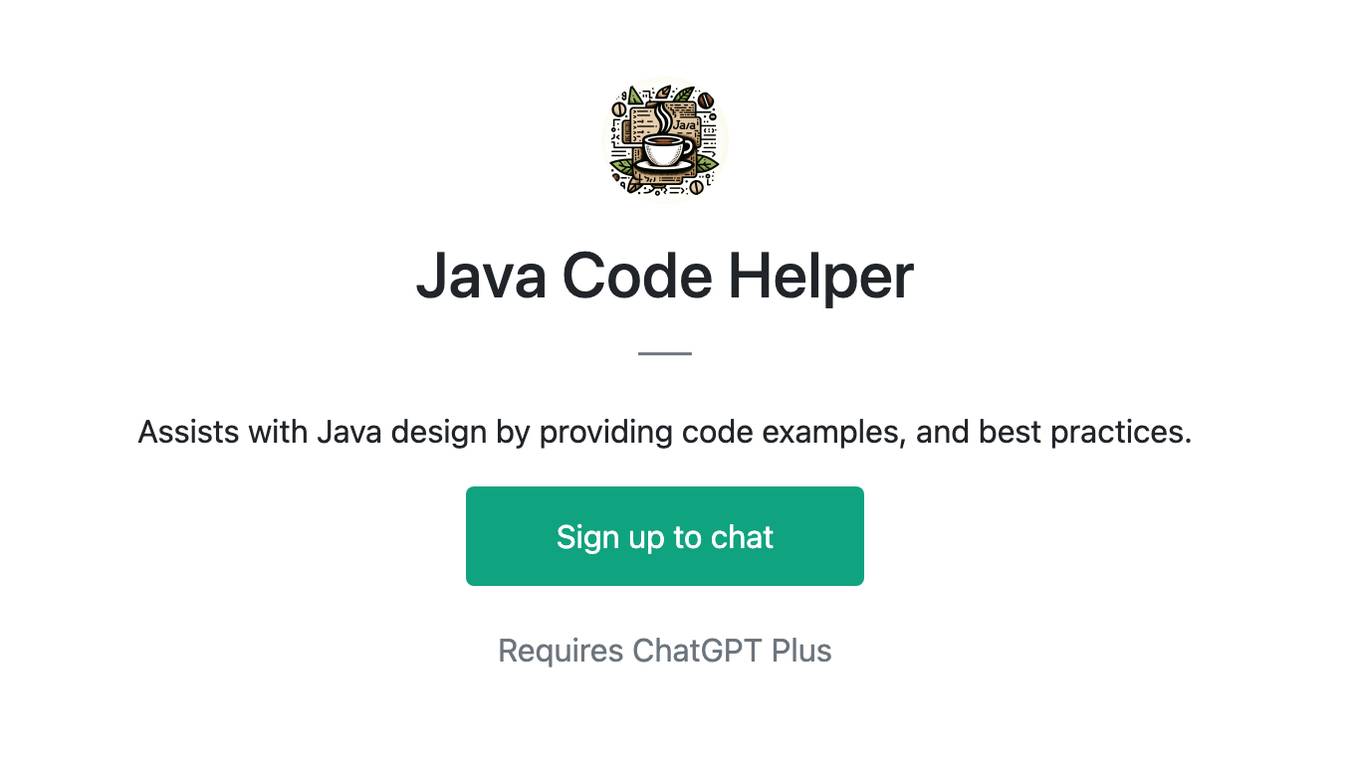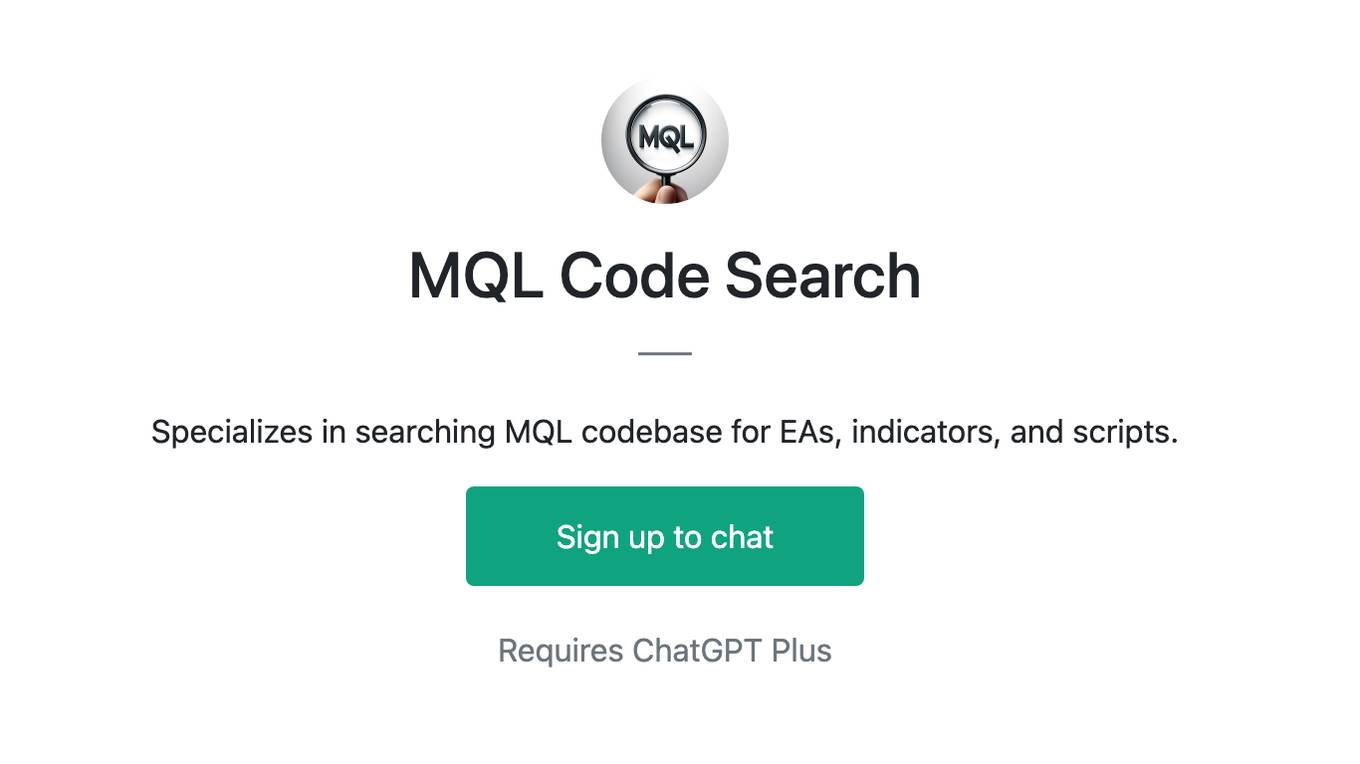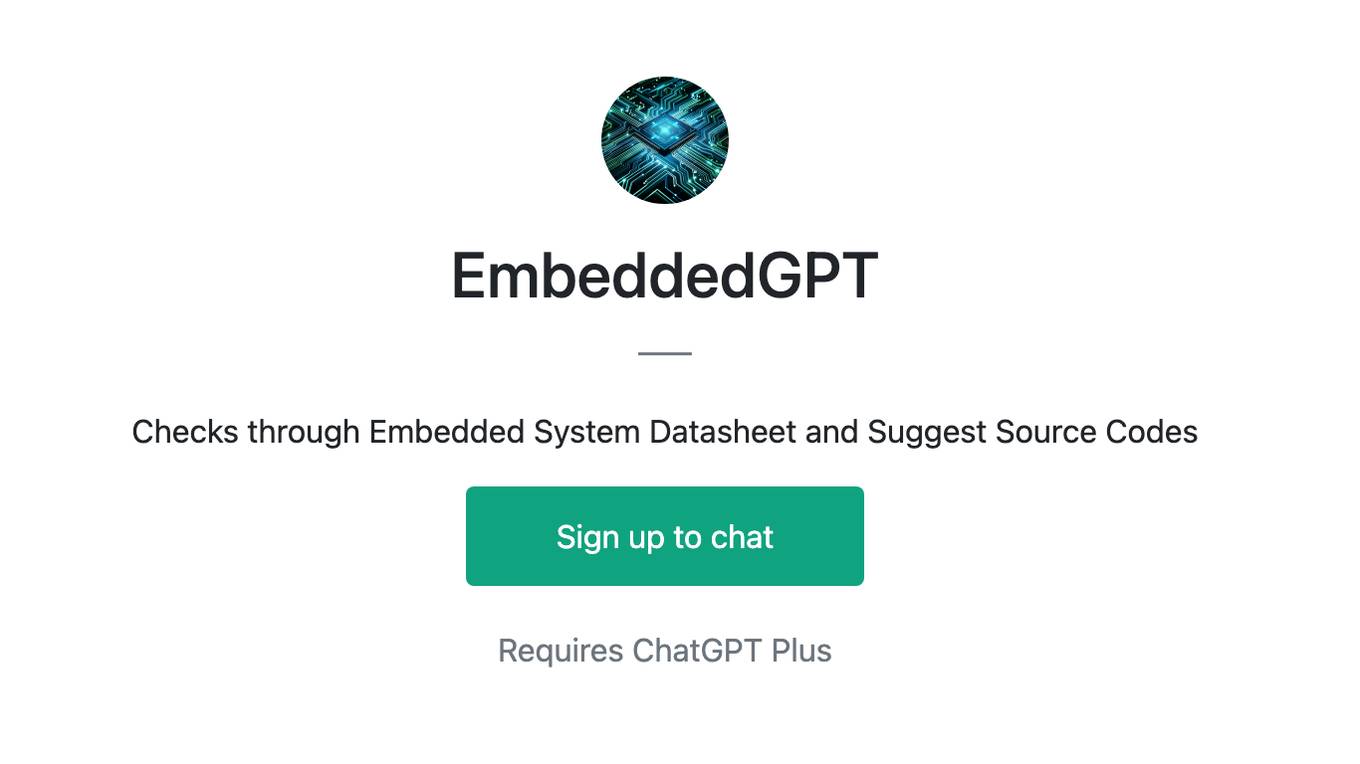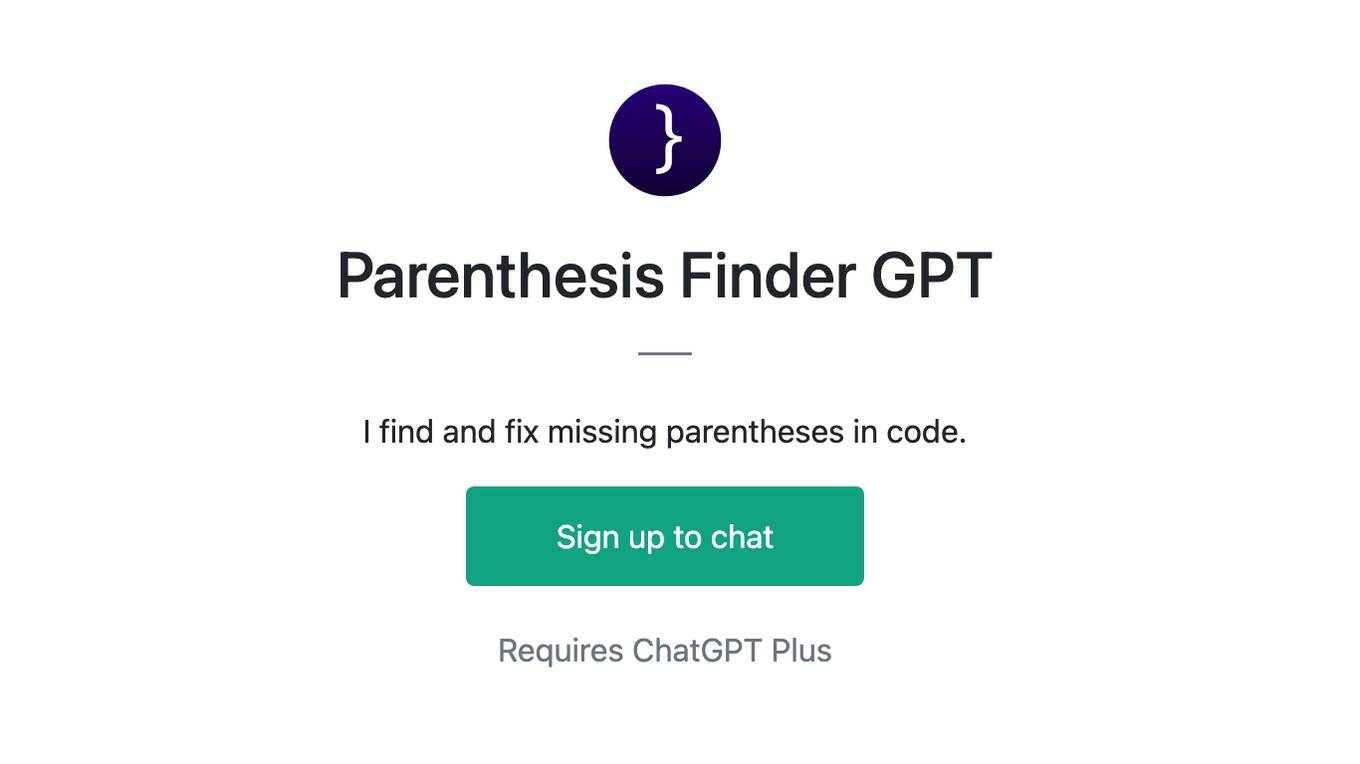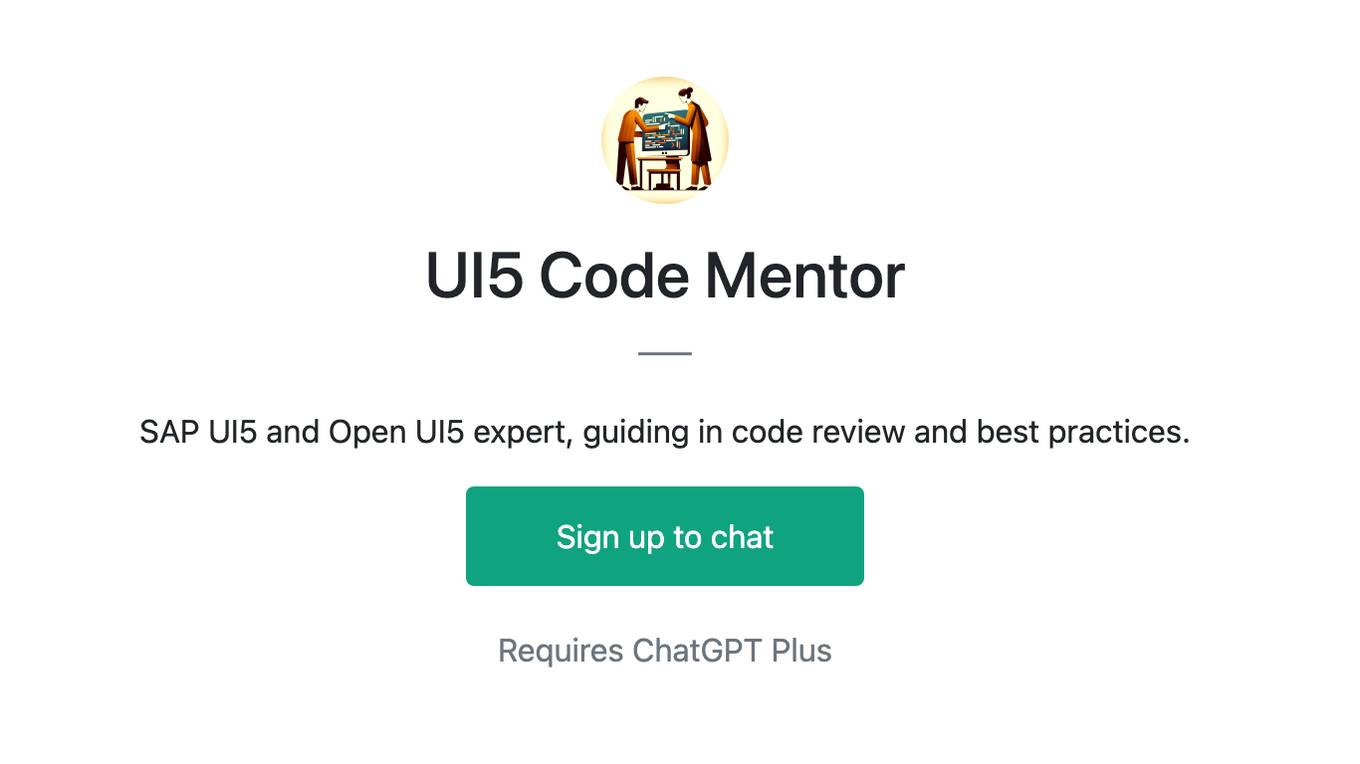Best AI tools for< Find Code Examples >
20 - AI tool Sites
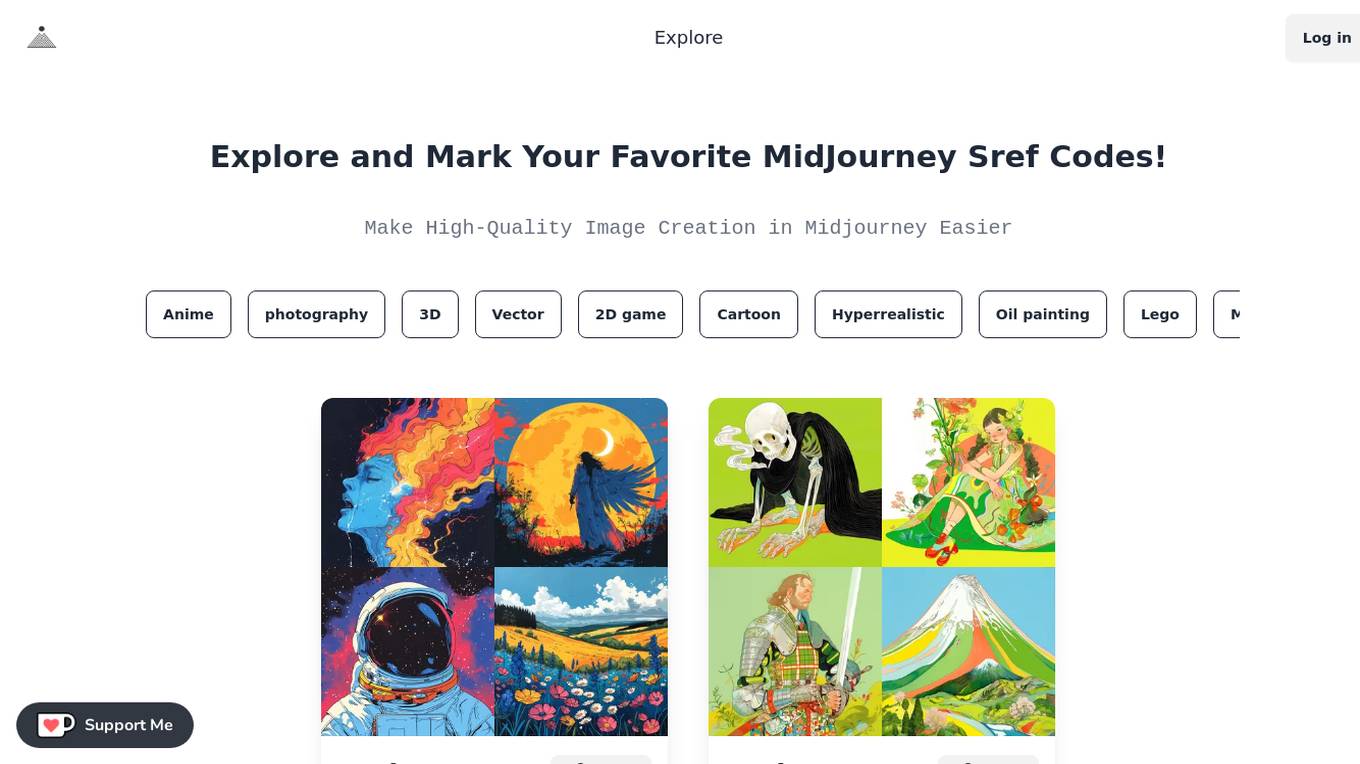
MidJourneySref.com
MidJourneySref.com is a platform dedicated to exploring and discovering the best sref codes for MidJourney, a tool that generates unique and consistent styles of images. The website offers a curated selection of sref codes that produce visually appealing and high-quality images, illustrative examples for each code, categorized search experience, easy marking of favorite codes, and free access to a wide variety of sref codes. By leveraging these resources, users can enhance their creative projects and achieve stunning visual results.
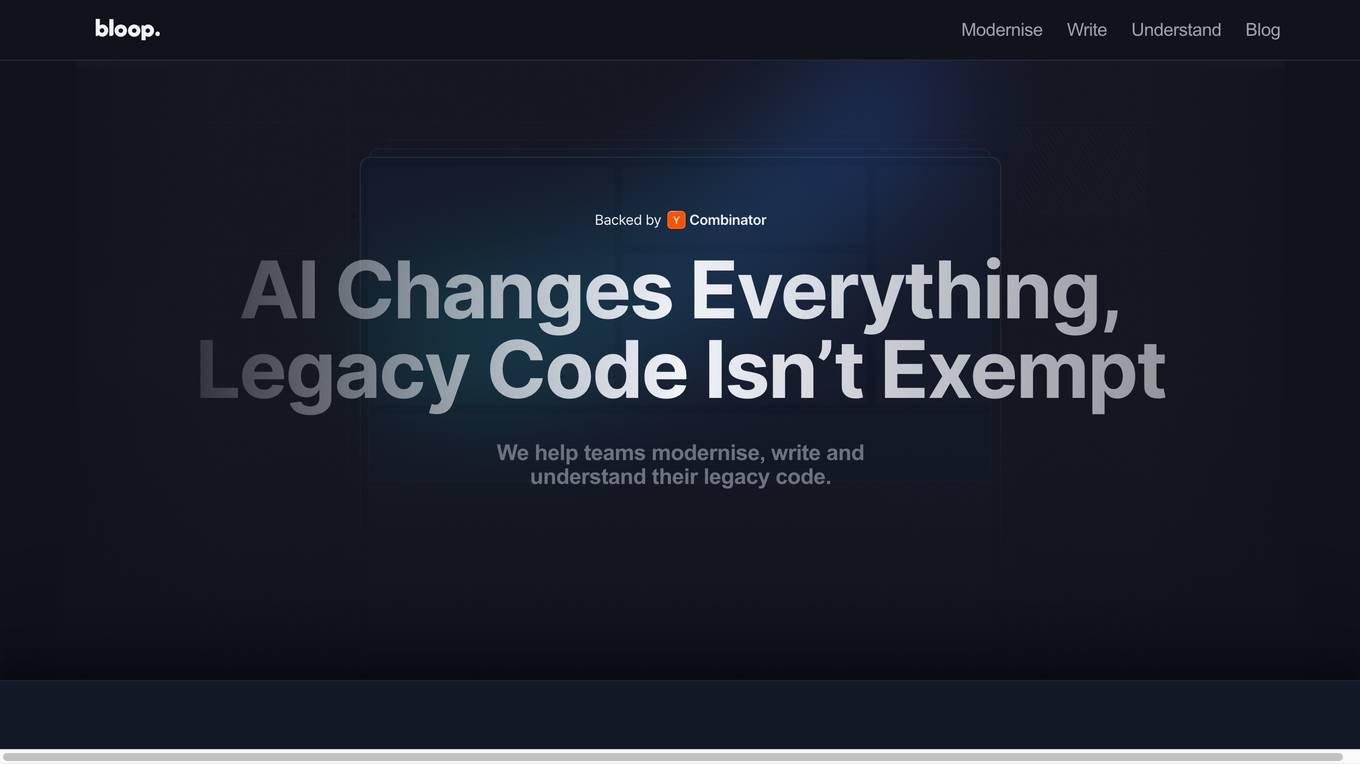
bloop
**bloop** is an AI-powered legacy code modernization tool that helps teams modernize, write, and understand their legacy code. With bloop, you can automatically convert COBOL and Java programs to readable Java code that can be immediately modified and maintained. bloop also provides an AI pair programmer that can help you write COBOL code faster and more efficiently. Additionally, bloop offers a variety of other features to help you understand your codebase, including natural language code navigation, multi-repo search, and regex matching.
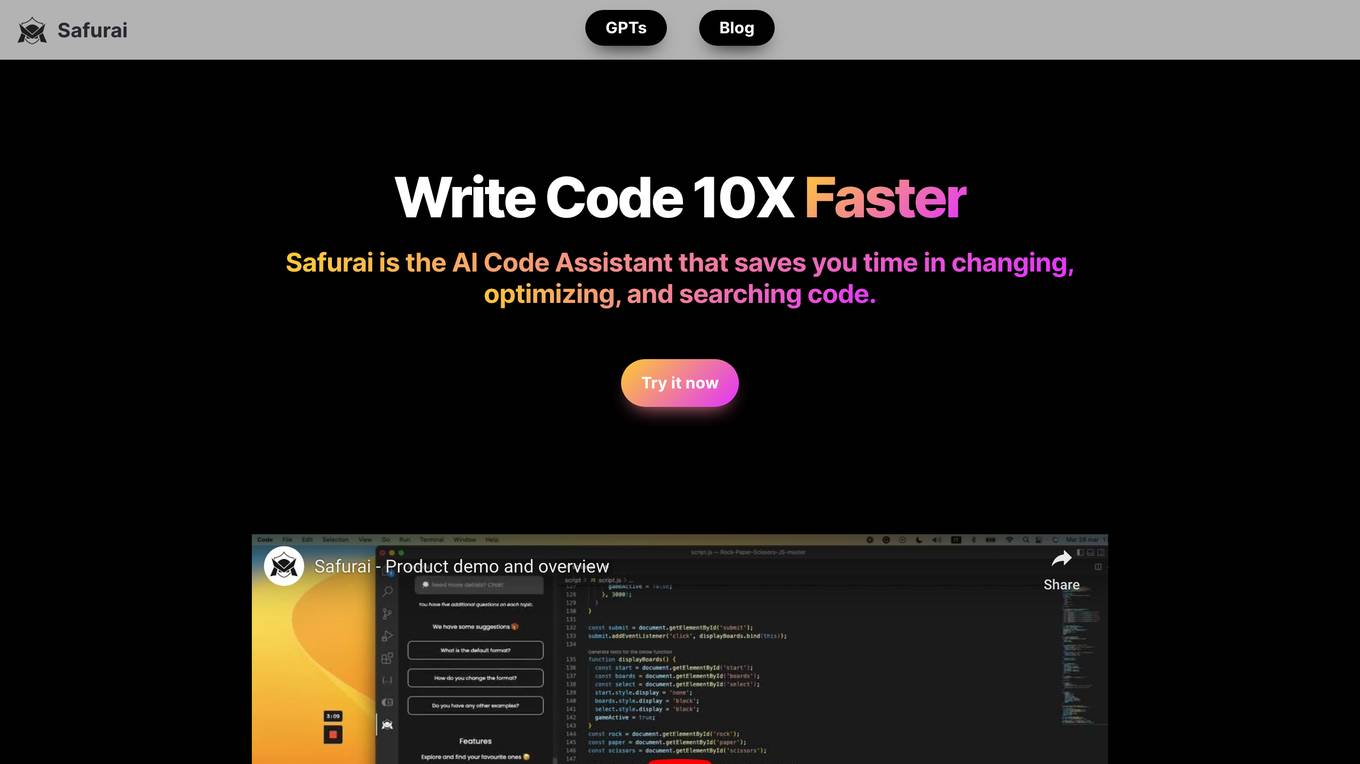
Safurai
Safurai is an AI-powered coding assistant that helps developers write code faster, safer, and better. It offers a range of features, including a textbox for asking questions and getting code suggestions, shortcuts for code optimization and unit testing, the ability to train the assistant on specific projects, and a natural language search for finding code. Safurai is compatible with various IDEs, including Visual Studio Code, IntelliJ, and PyCharm.

404 Error Assistant
The website displays a 404 error message indicating that the deployment cannot be found. Users encountering this error are advised to refer to the documentation for more information and troubleshooting.
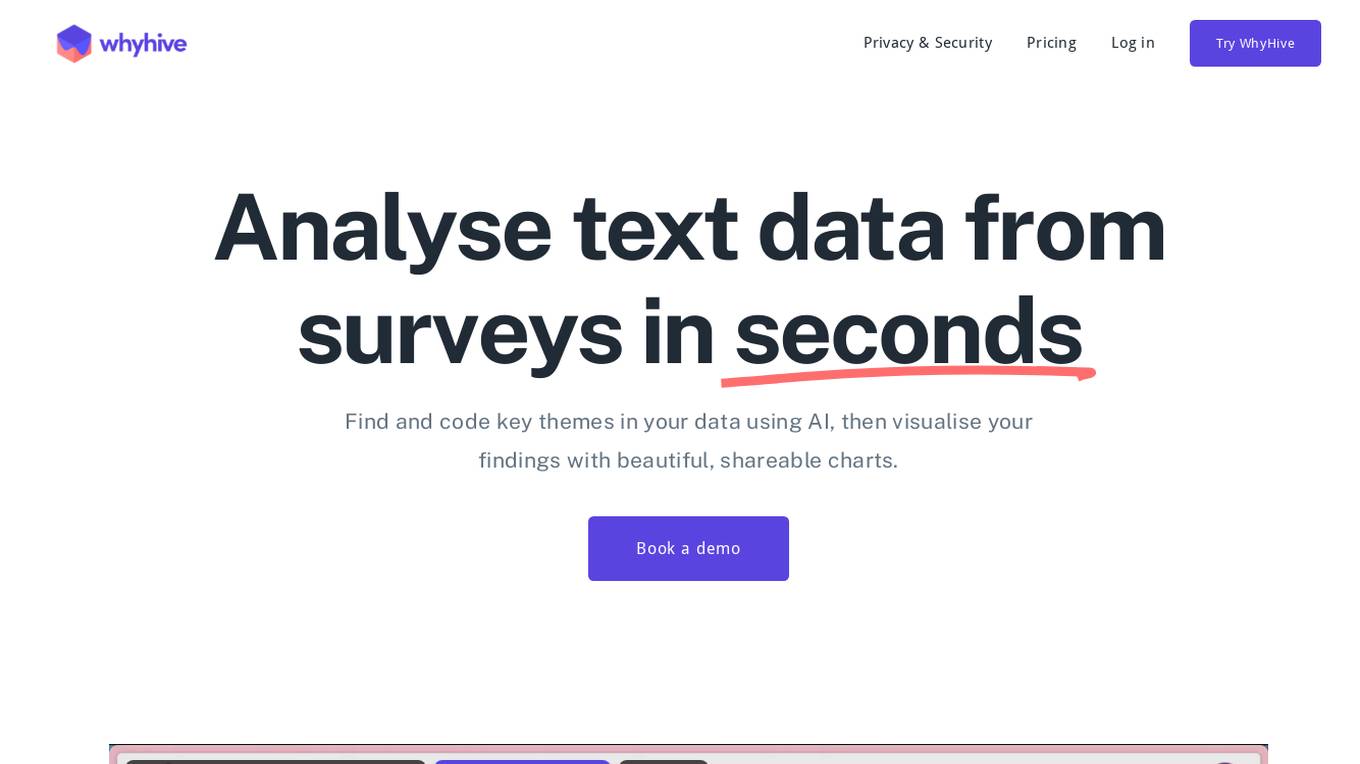
WhyHive
WhyHive is an AI-powered data analysis tool that helps users find and code key themes in their data, then visualize their findings with beautiful, shareable charts. It is designed to be easy to use, even for those with no prior experience with data analysis. WhyHive can analyze thousands of rows of data in minutes, saving users hours of manual coding time. It can also be used to analyze both quantitative and qualitative data, making it a versatile tool for a variety of research projects.

Wand
Wand is an AI-powered tool that helps you find and fix errors in your code. It uses machine learning to identify potential problems and provides suggestions for how to resolve them. Wand can be used with a variety of programming languages, including Python, Java, JavaScript, and C++.

Frugal
Frugal is an intelligent application cost engineering platform that optimizes code to reduce cloud costs automatically. It is the first AI-powered cost optimization platform built for engineers, empowering them to find and fix inefficiencies in code that drain cloud budgets. The platform aims to reinvent cost engineering by enabling developers to reduce application costs and improve cloud efficiency through automated identification and resolution of wasteful practices.
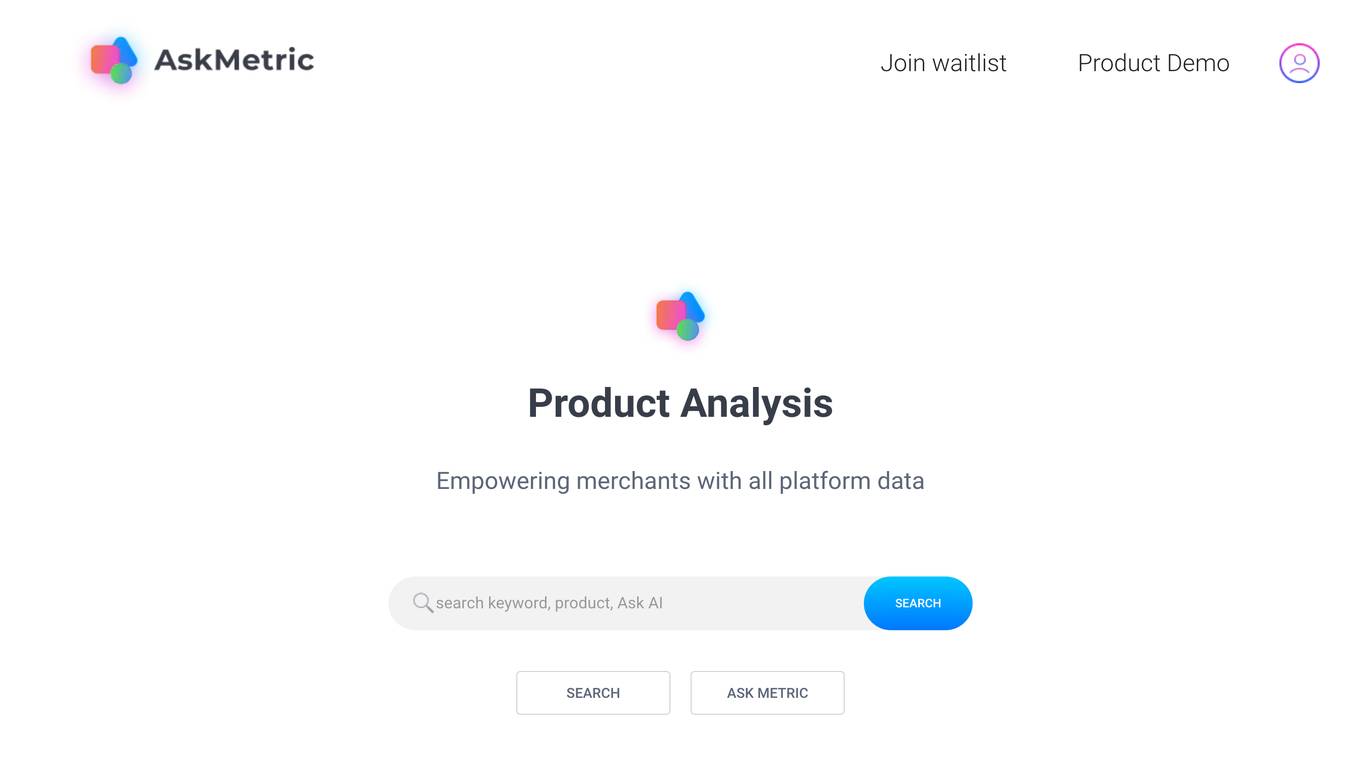
404 Error Not Found
The website displays a 404 error message indicating that the deployment cannot be found. It provides a code (DEPLOYMENT_NOT_FOUND) and an ID (sin1::k7xdt-1736614074909-2dc430118e75) for reference. Users are directed to check the documentation for further information and troubleshooting.
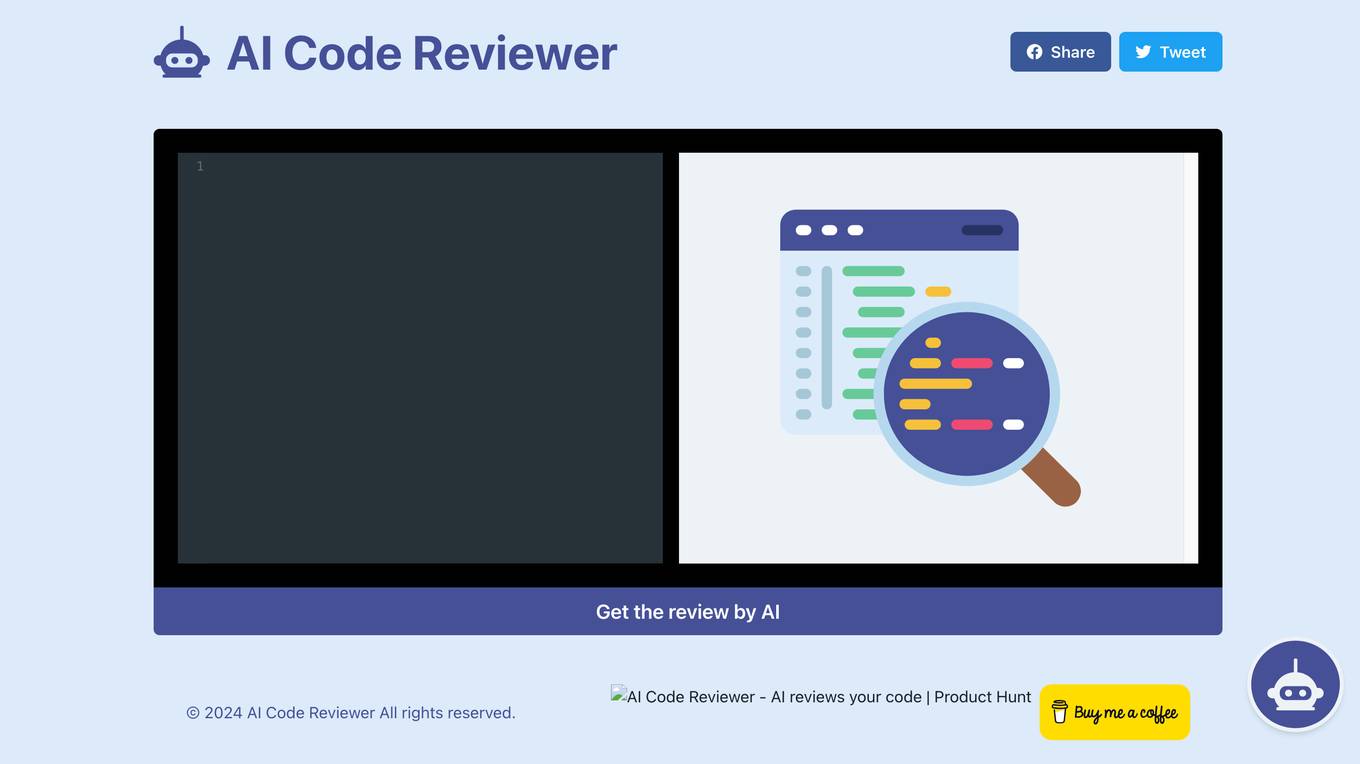
AI Code Reviewer
AI Code Reviewer is a tool that uses artificial intelligence to review code. It can help you find bugs, improve code quality, and enforce coding standards.
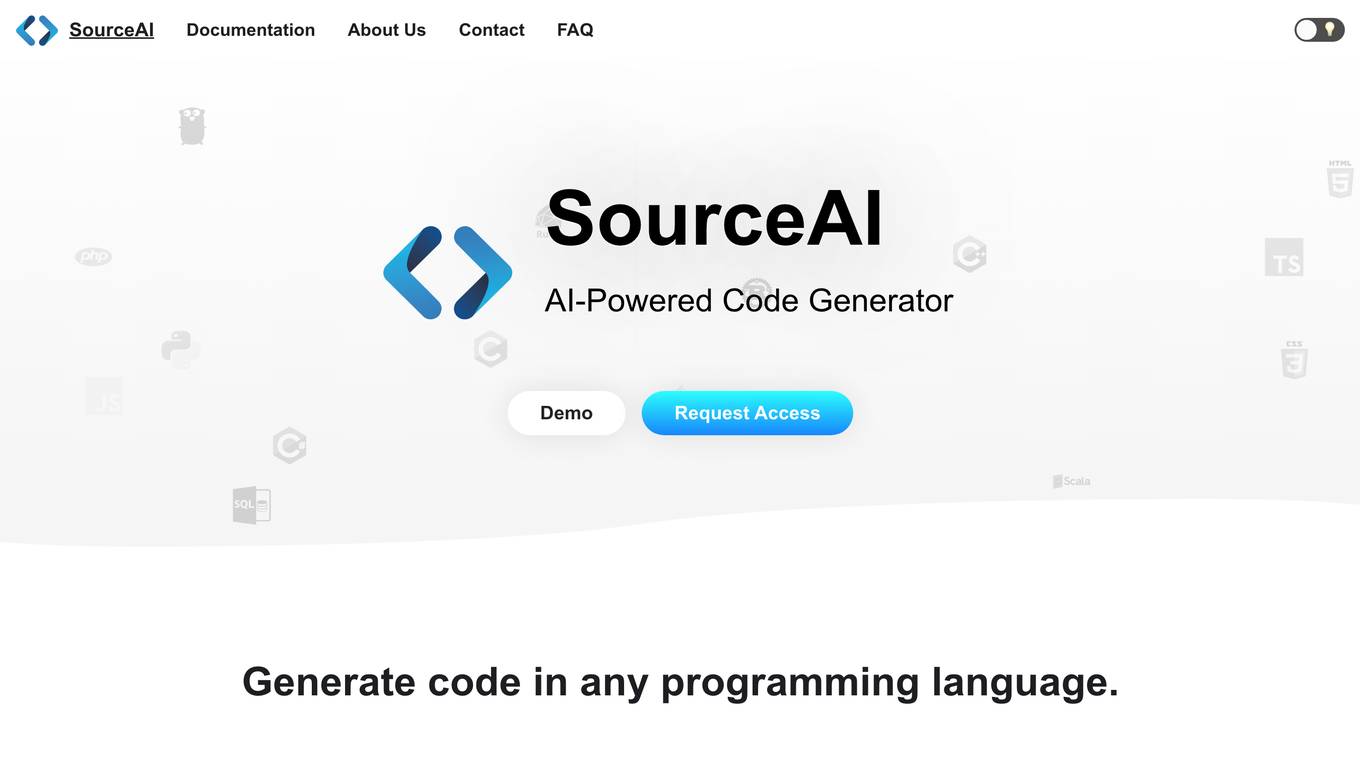
SourceAI
SourceAI is an AI-powered code generator that allows users to generate code in any programming language. It is easy to use, even for non-developers, and has a clear and intuitive interface. SourceAI is powered by GPT-3 and Codex, the most advanced AI technology available. It can be used to generate code for a variety of tasks, including calculating the factorial of a number, finding the roots of a polynomial, and translating text from one language to another.
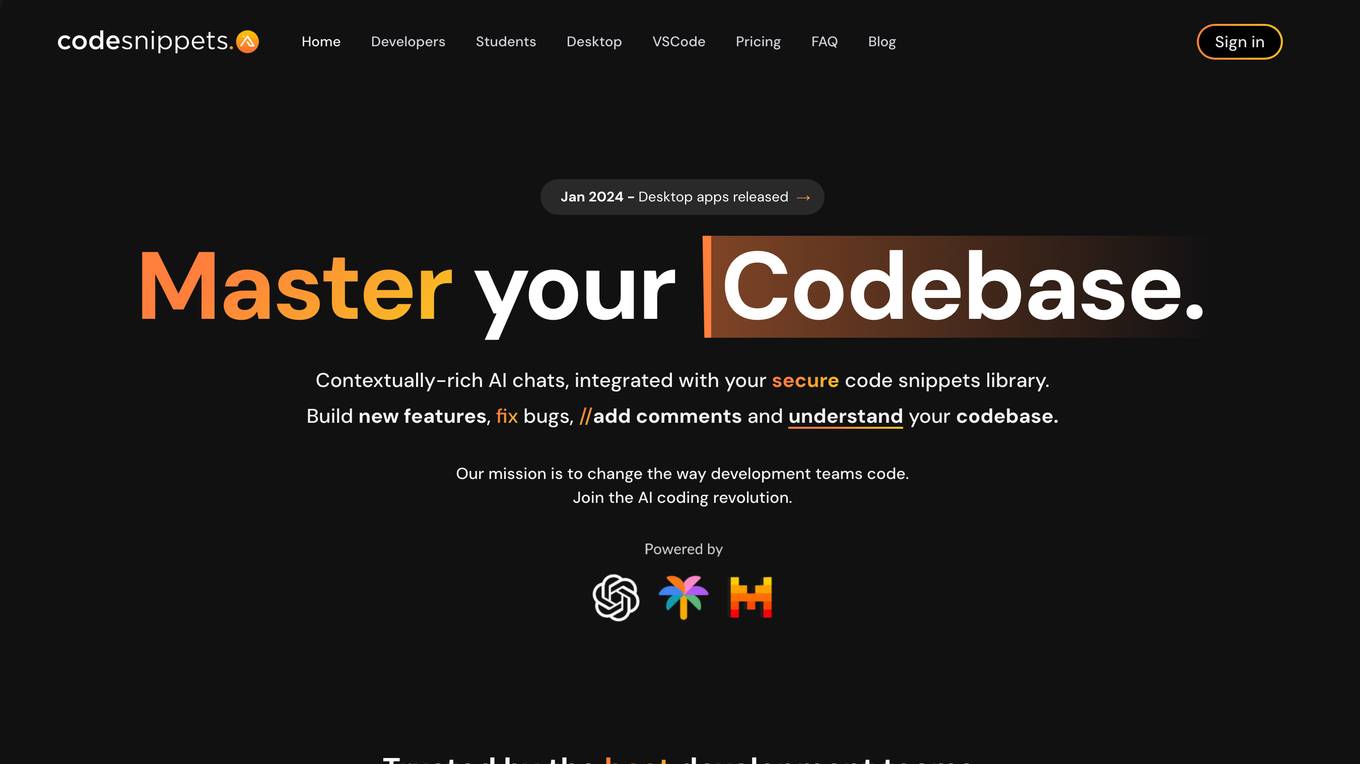
Code Snippets AI
Code Snippets AI is an AI-powered code snippets library for teams. It helps developers master their codebase with contextually-rich AI chats, integrated with a secure code snippets library. Developers can build new features, fix bugs, add comments, and understand their codebase with the help of Code Snippets AI. The tool is trusted by the best development teams and helps developers code smarter than ever. With Code Snippets AI, developers can leverage the power of a codebase aware assistant, helping them write clean, performance optimized code. They can also create documentation, refactor, debug and generate code with full codebase context. This helps developers spend more time creating code and less time debugging errors.
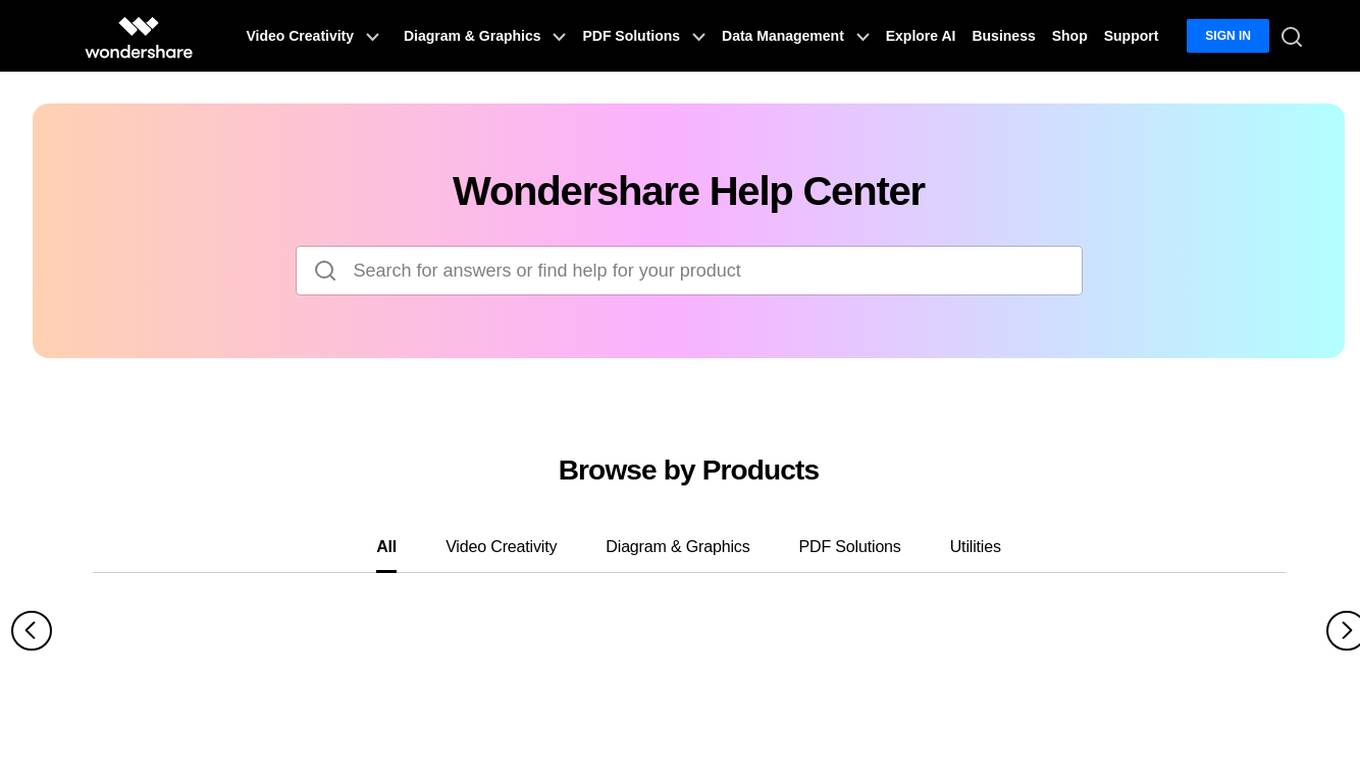
Wondershare Help Center
Wondershare Help Center provides comprehensive support for Wondershare products, including video editing, video creation, diagramming, PDF solutions, and data management. It offers a wide range of resources such as tutorials, FAQs, troubleshooting guides, and access to customer support.
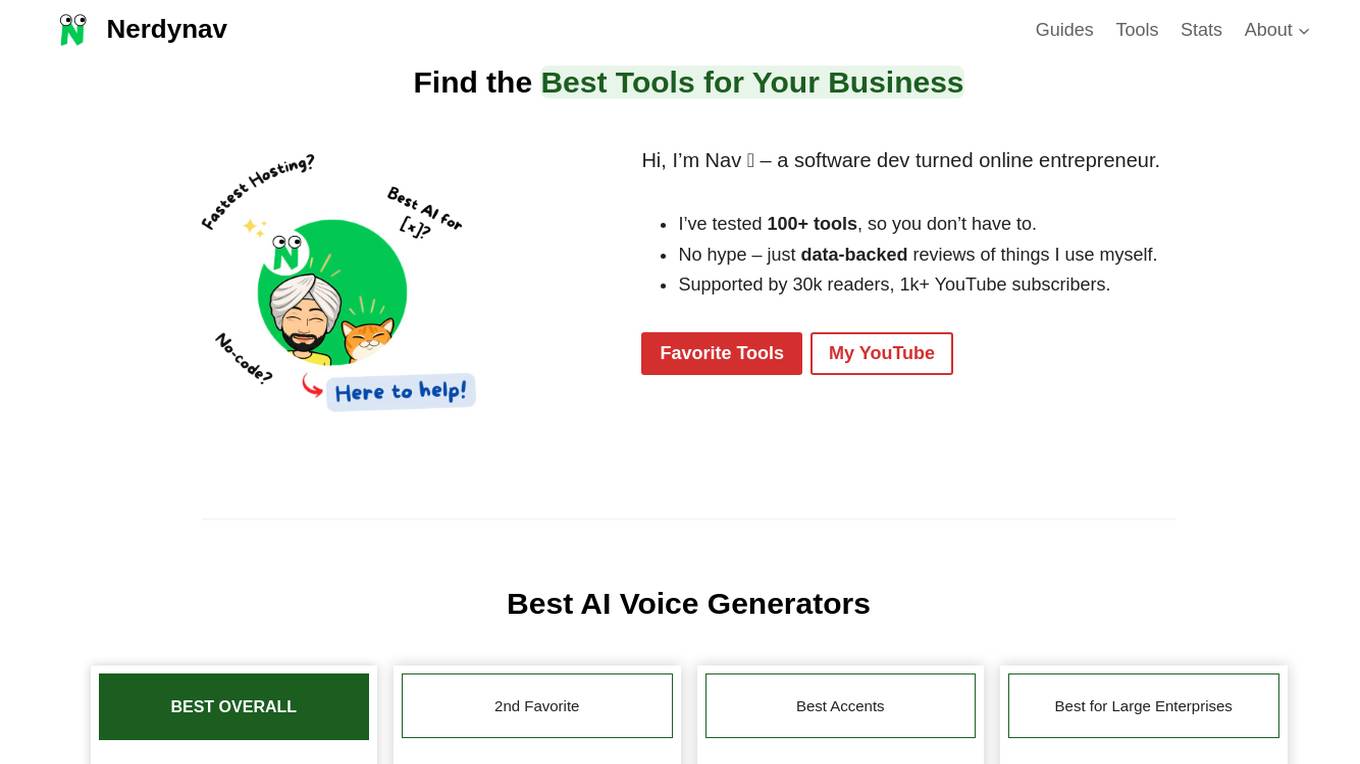
Nerdynav
Nerdynav is a website that provides reviews of AI tools and software for businesses. The website is run by Nav, a software developer and online entrepreneur who has tested over 100 tools to help businesses find the best solutions for their needs. Nerdynav's reviews are data-backed and provide insights into the features, advantages, and disadvantages of each tool. The website also includes articles on how to use AI to improve business processes and increase productivity.
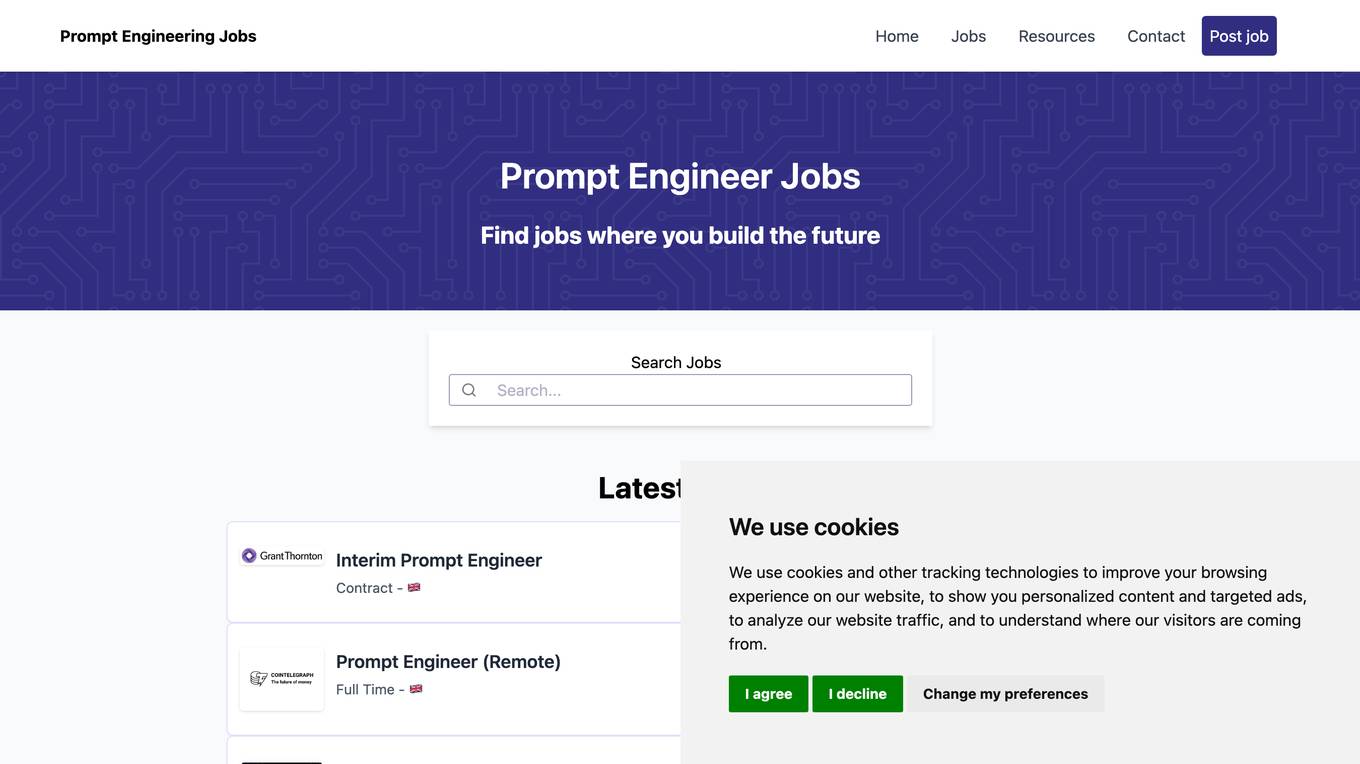
Prompt Engineering Jobs
This website is a job board specifically for prompt engineering jobs. It provides a list of the latest prompt engineering jobs, as well as resources for prompt engineering. The website is designed to help people find jobs in the field of prompt engineering and to learn more about the field.

UpCodes
UpCodes is a searchable platform that provides access to building codes, assemblies, and building products libraries. It offers a comprehensive database of regulations and standards for construction projects, enabling users to easily search and reference relevant information. With UpCodes, architects, engineers, contractors, and other industry professionals can streamline their workflow, ensure compliance with codes, and enhance the quality of their designs. The platform is designed to simplify the process of accessing and interpreting building codes, saving time and reducing errors in construction projects.

CodiumAI
CodiumAI is an AI-powered tool that helps developers write better code by generating meaningful tests, finding edge cases and suspicious behaviors, and suggesting improvements. It integrates with popular IDEs and Git platforms, and supports a wide range of programming languages. CodiumAI is designed to help developers save time, improve code quality, and stay confident in their code.
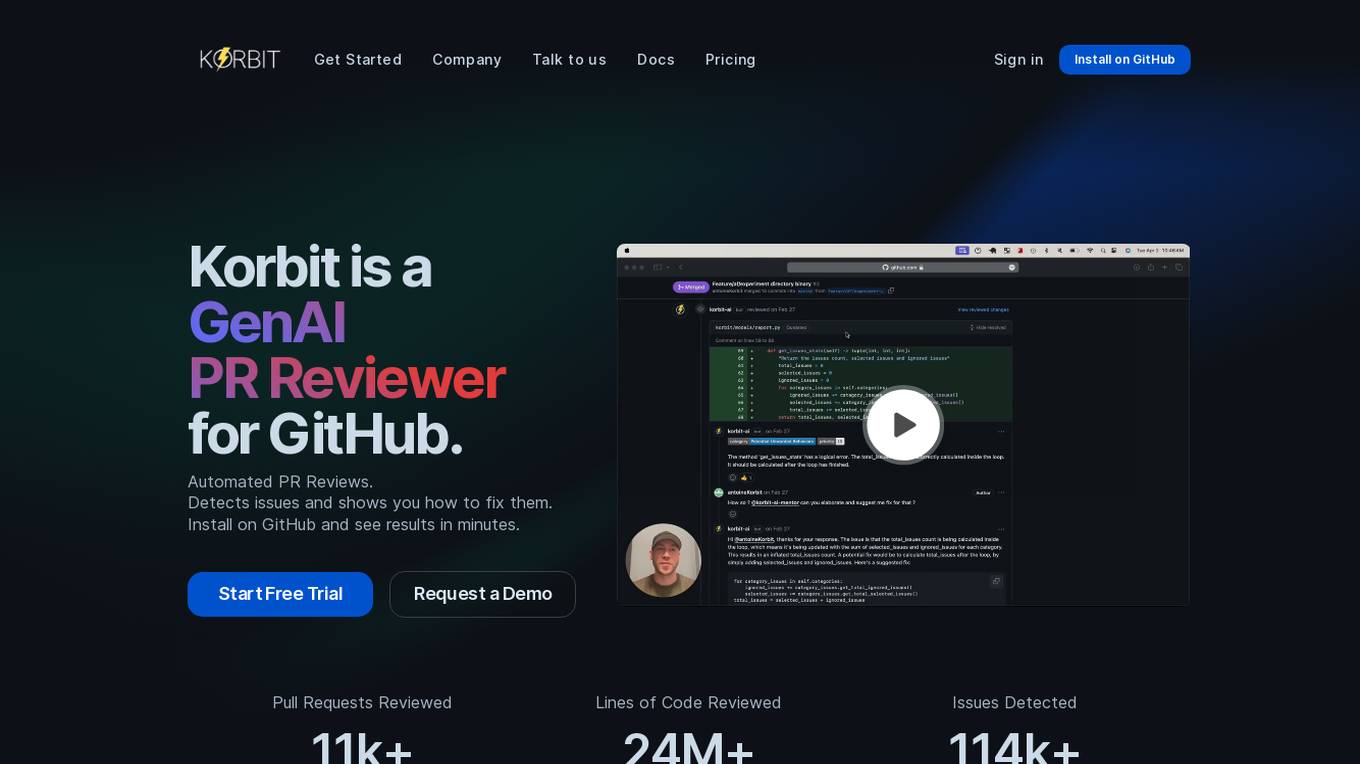
Korbit
Korbit is an AI-powered code review tool that helps developers write better code, faster. It integrates directly into your GitHub PR workflow and provides instant feedback on your code, identifying issues and providing actionable recommendations. Korbit also provides valuable insights into code quality, project status, and developer performance, helping you to boost your productivity and elevate your code.
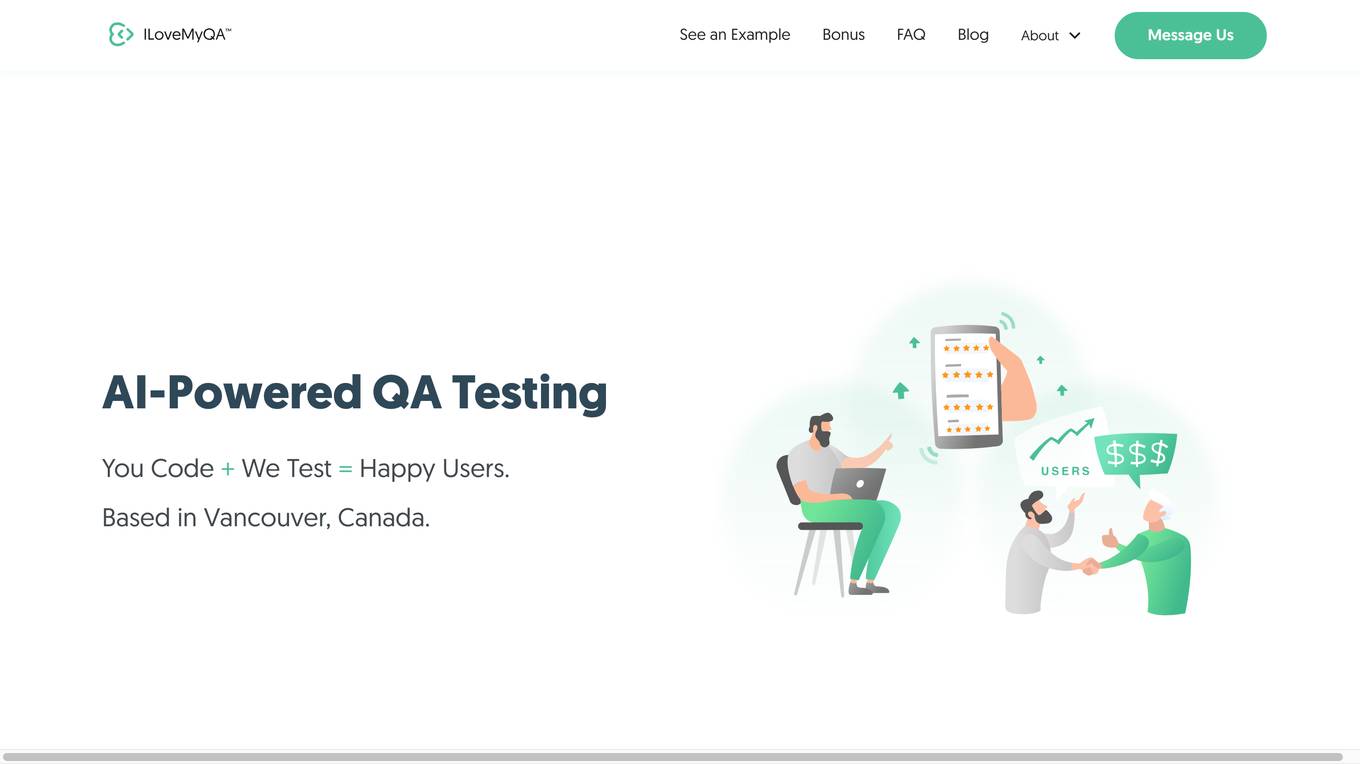
ILoveMyQA
ILoveMyQA is an AI-powered QA testing service that provides comprehensive, well-documented bug reports. The service is affordable, easy to get started with, and requires no time-zapping chats. ILoveMyQA's team of Rockstar QAs is dedicated to helping businesses find and fix bugs before their customers do, so they can enjoy the results and benefits of having a QA team without the cost, management, and headaches.
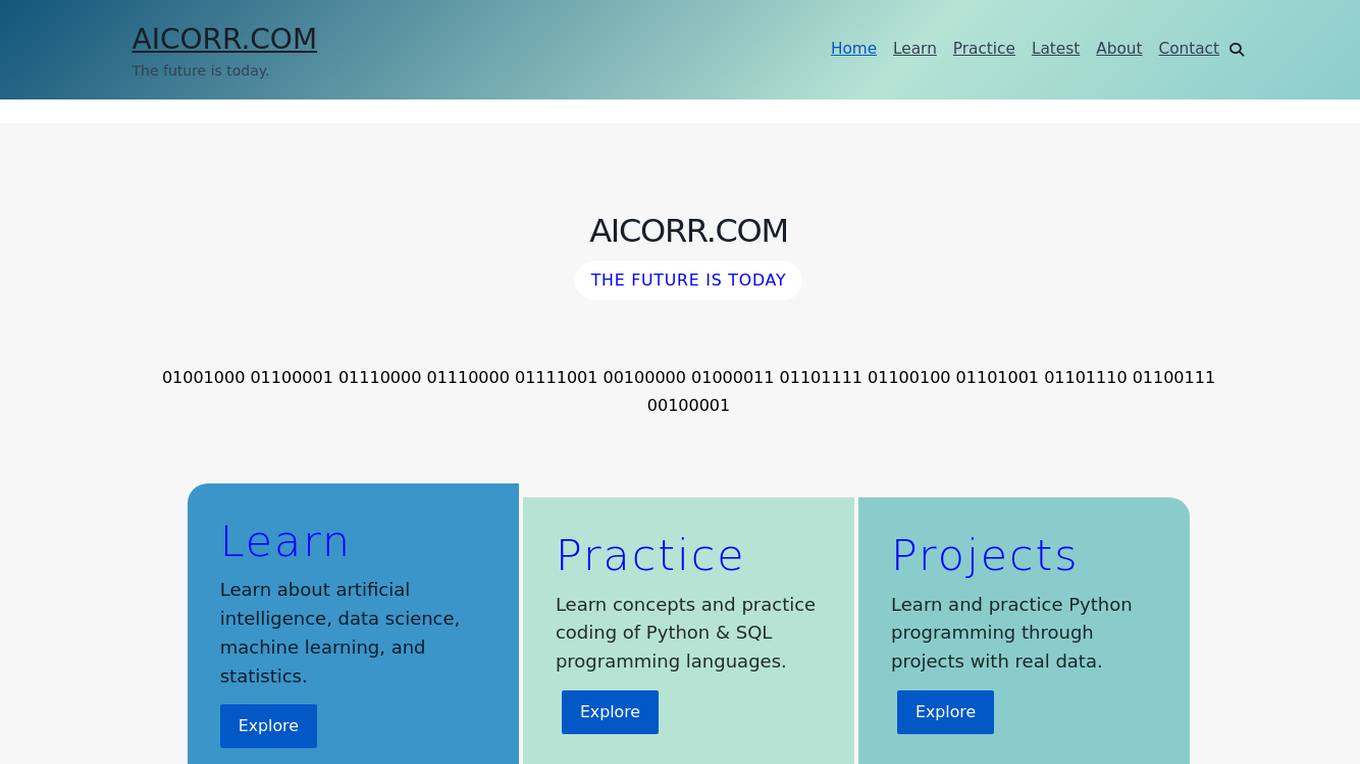
AICorr.com
AICorr.com is a website offering free coding tutorials with a focus on artificial intelligence, data science, machine learning, and statistics. Users can learn and practice coding in Python and SQL, explore projects with real data, and access a wealth of information in an easy-to-understand format. The website aims to provide up-to-date and relevant information to a global audience, ensuring a seamless learning experience for all.
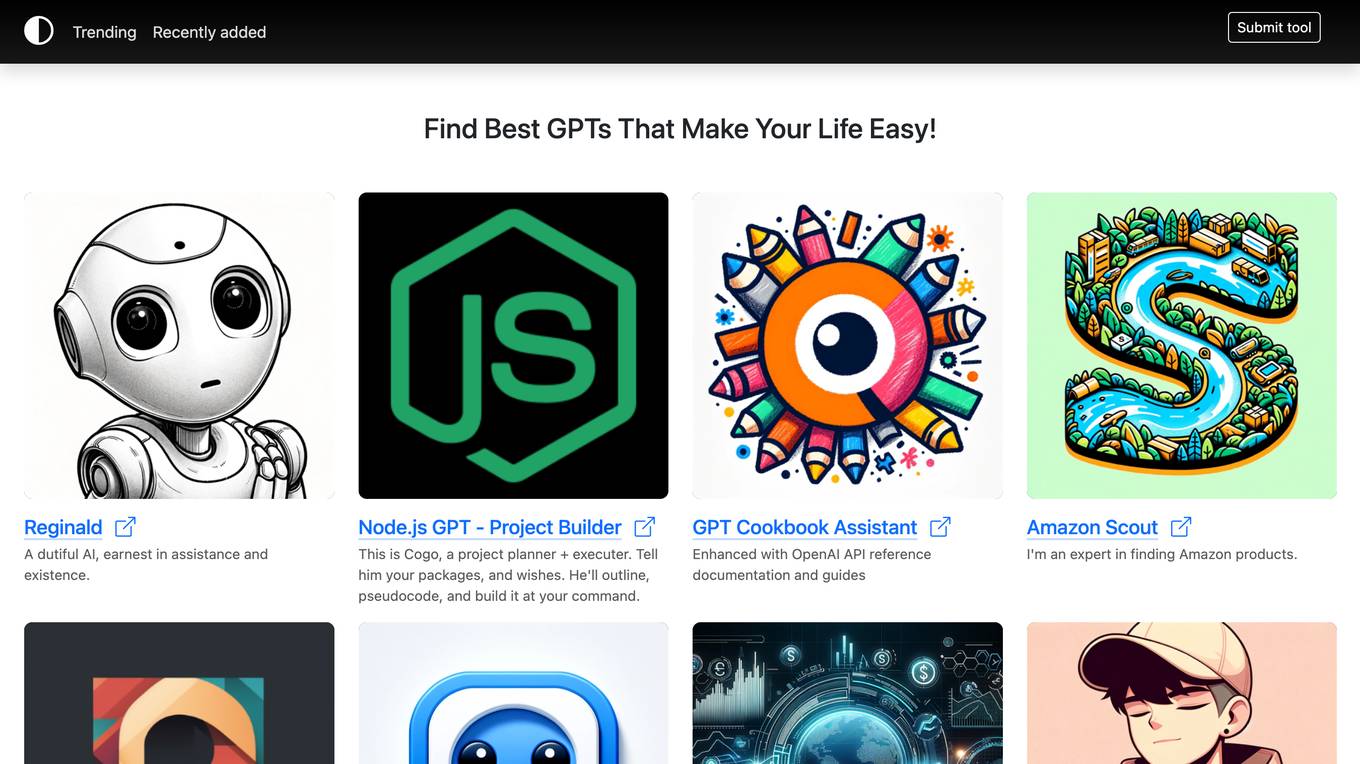
GPTfy
GPTfy is a website that helps users find the best GPTs (Generative Pre-trained Transformers) for their needs. GPTs are AI-powered language models that can be used for a variety of tasks, such as writing, translating, and coding. GPTfy provides a directory of GPTs, as well as reviews and comparisons to help users choose the right GPT for their project.
0 - Open Source AI Tools
20 - OpenAI Gpts
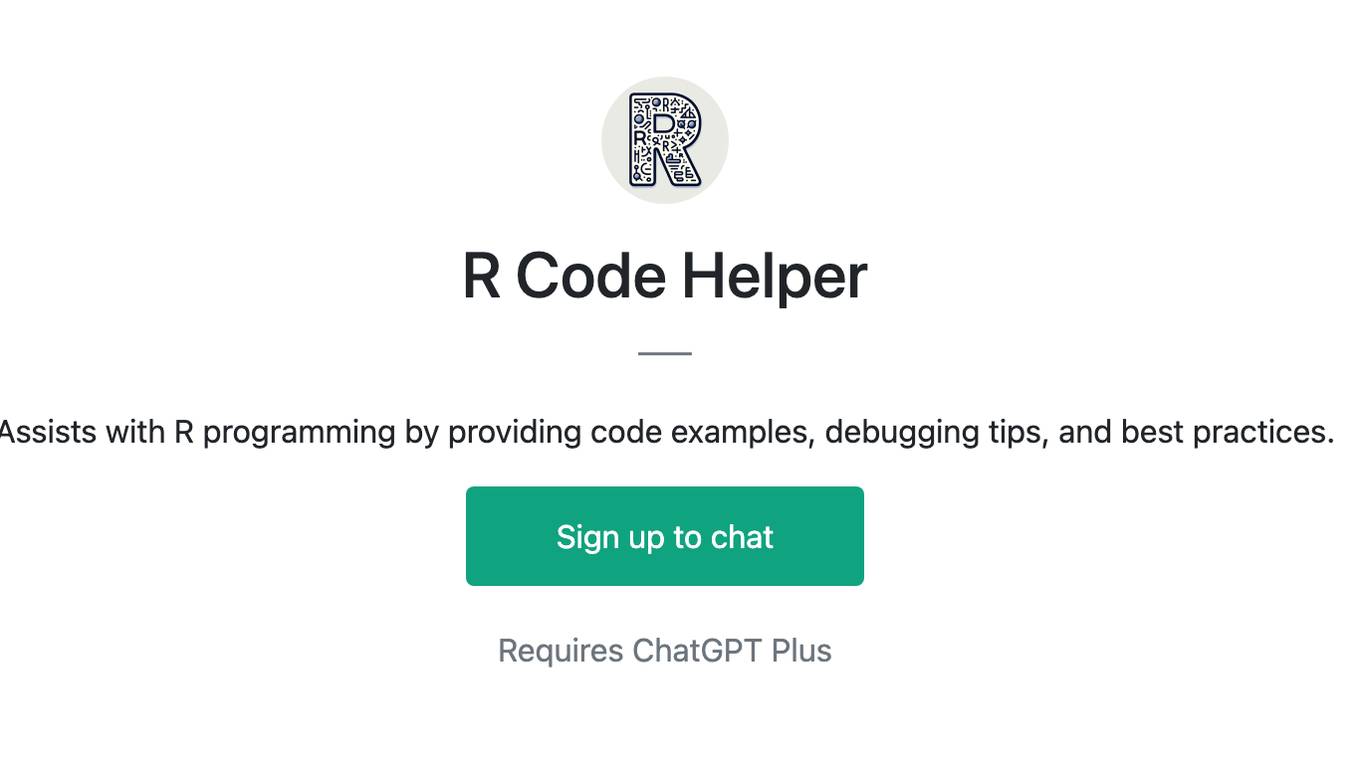
R Code Helper
Assists with R programming by providing code examples, debugging tips, and best practices.
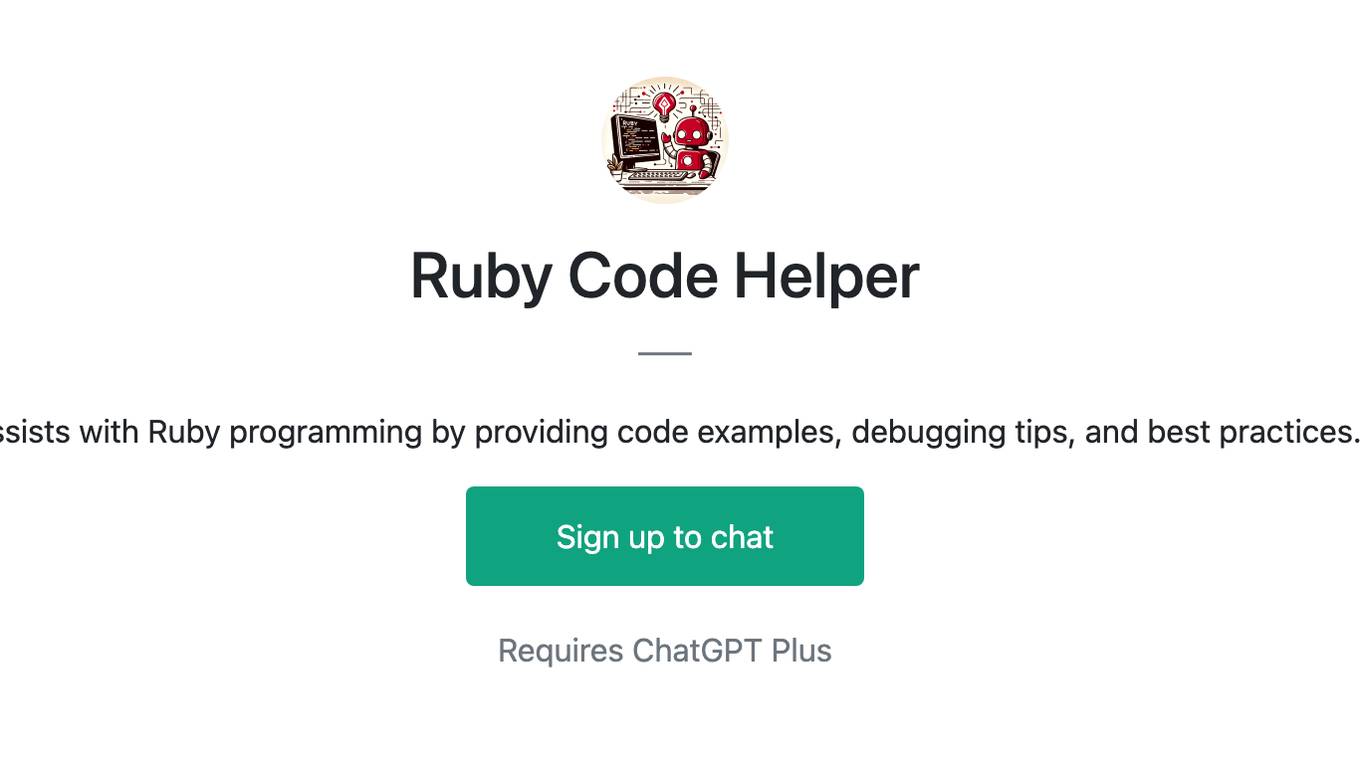
Ruby Code Helper
Assists with Ruby programming by providing code examples, debugging tips, and best practices.
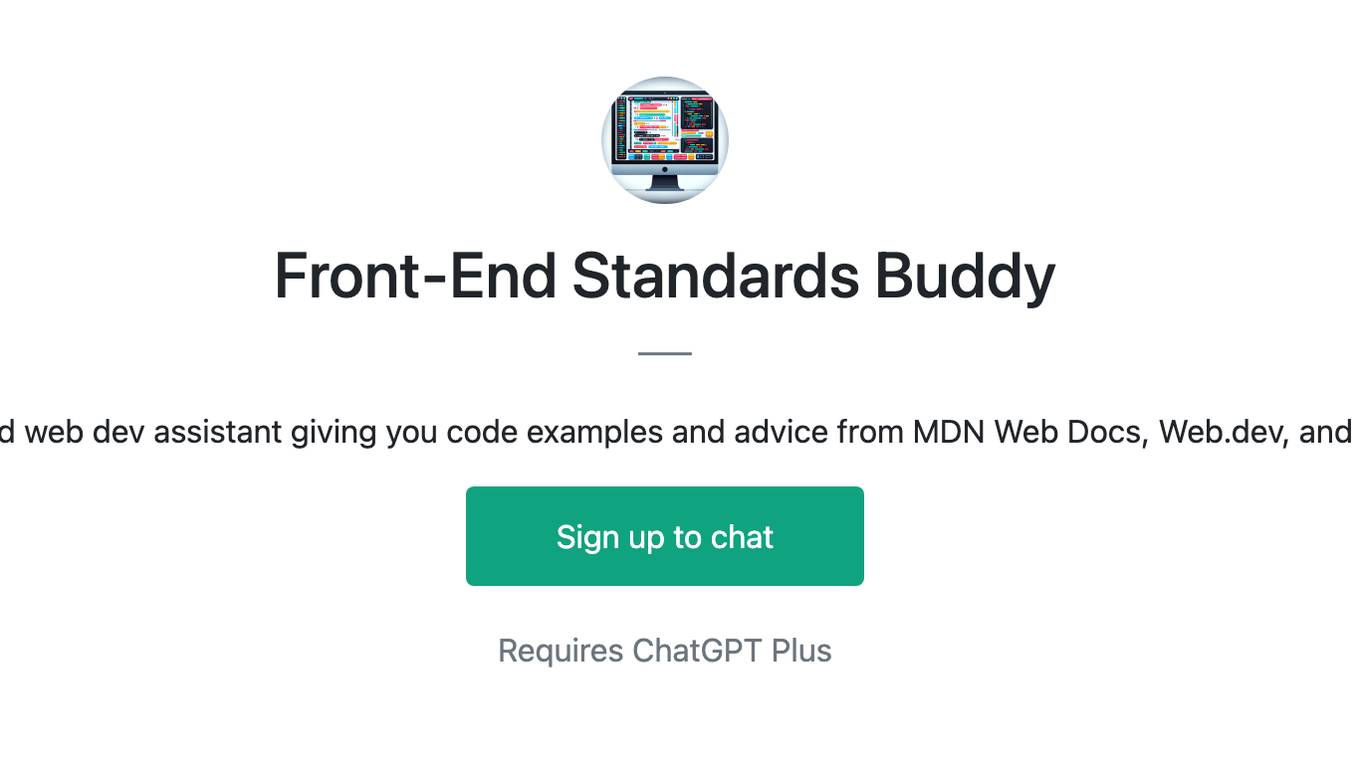
Front-End Standards Buddy
Your front-end web dev assistant giving you code examples and advice from MDN Web Docs, Web.dev, and CSS Tricks.
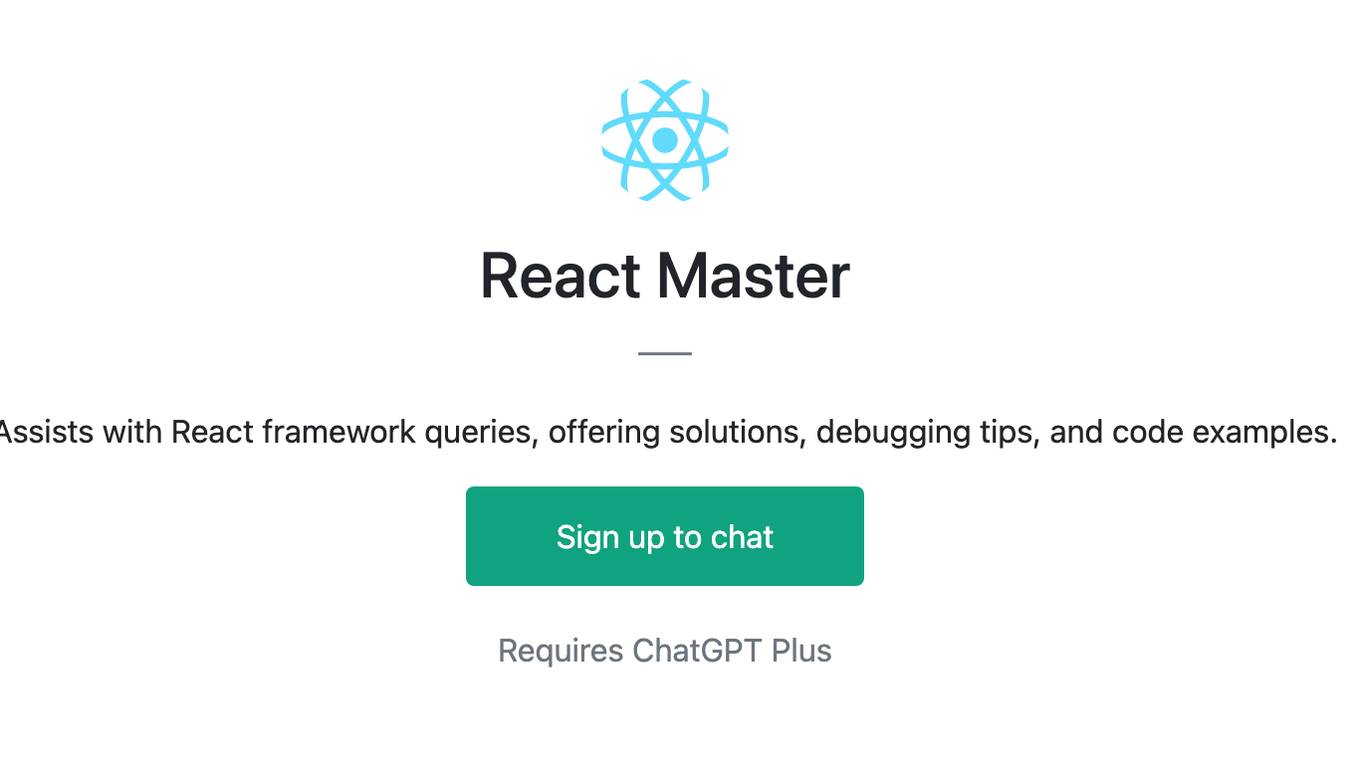
React Master
Assists with React framework queries, offering solutions, debugging tips, and code examples.

Robert on Software Craftsmanship
Ask Robert Sösemann, a Salesforce MVP and inventor of PMD for Salesforce, about Salesforce Development, Clean Code and PMD
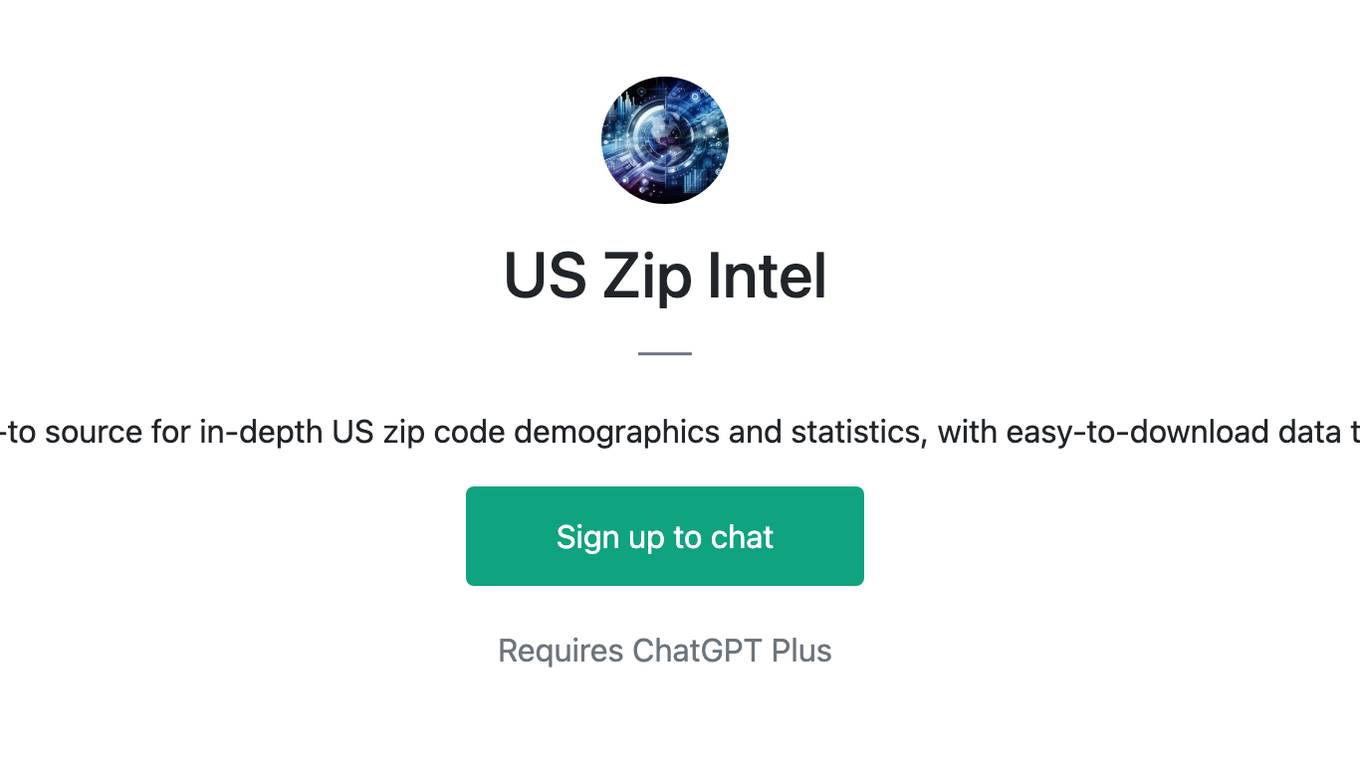
US Zip Intel
Your go-to source for in-depth US zip code demographics and statistics, with easy-to-download data tables.
Cheap Gas Finder
Find the lowest Gas Prices quickly and easily based on Zip Code or City and State.

Santa's Gift Helper GPT
I find the best-priced Christmas gifts locally or online. Upload or Paste your family and friends Christmas list and your zip code.
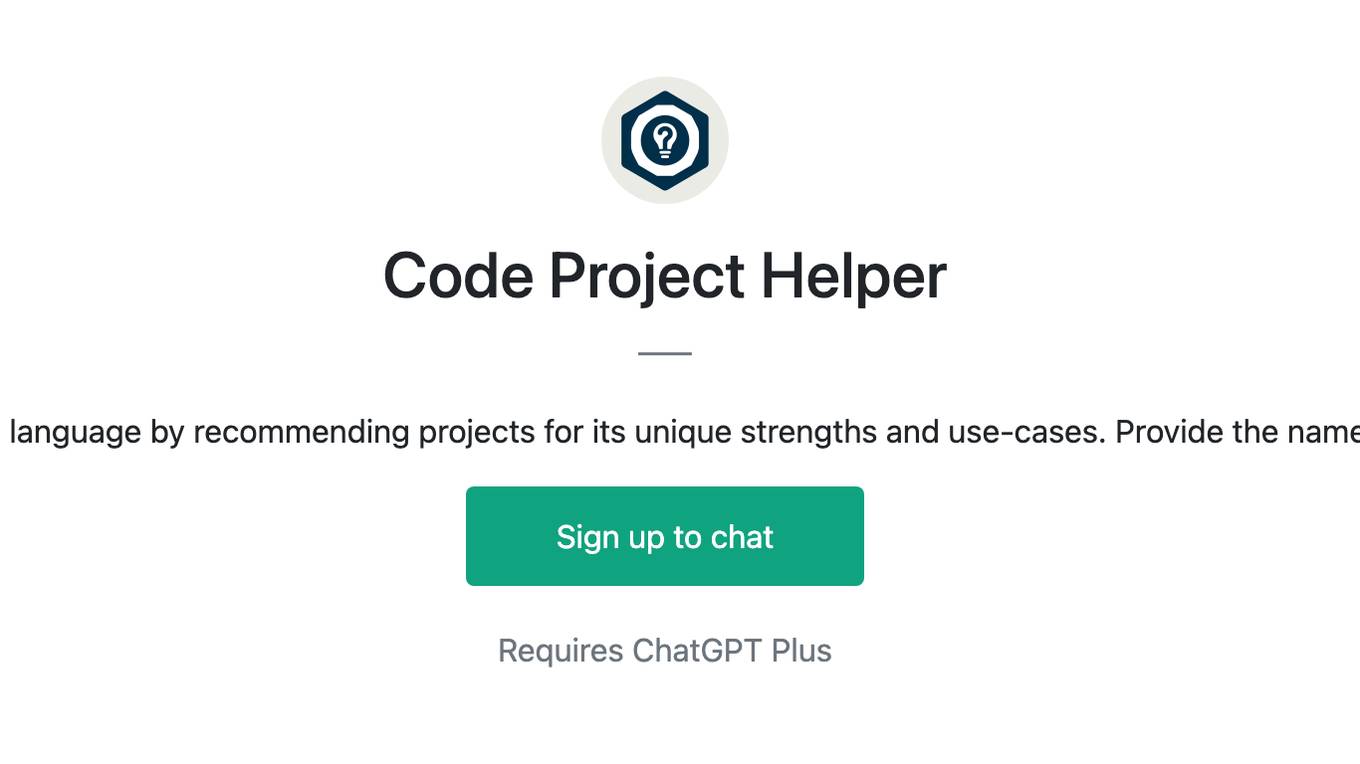
Code Project Helper
Helps with learning a programming language by recommending projects for its unique strengths and use-cases. Provide the name of language only as the prompt.
